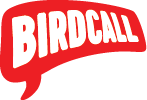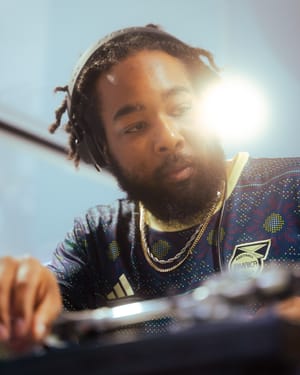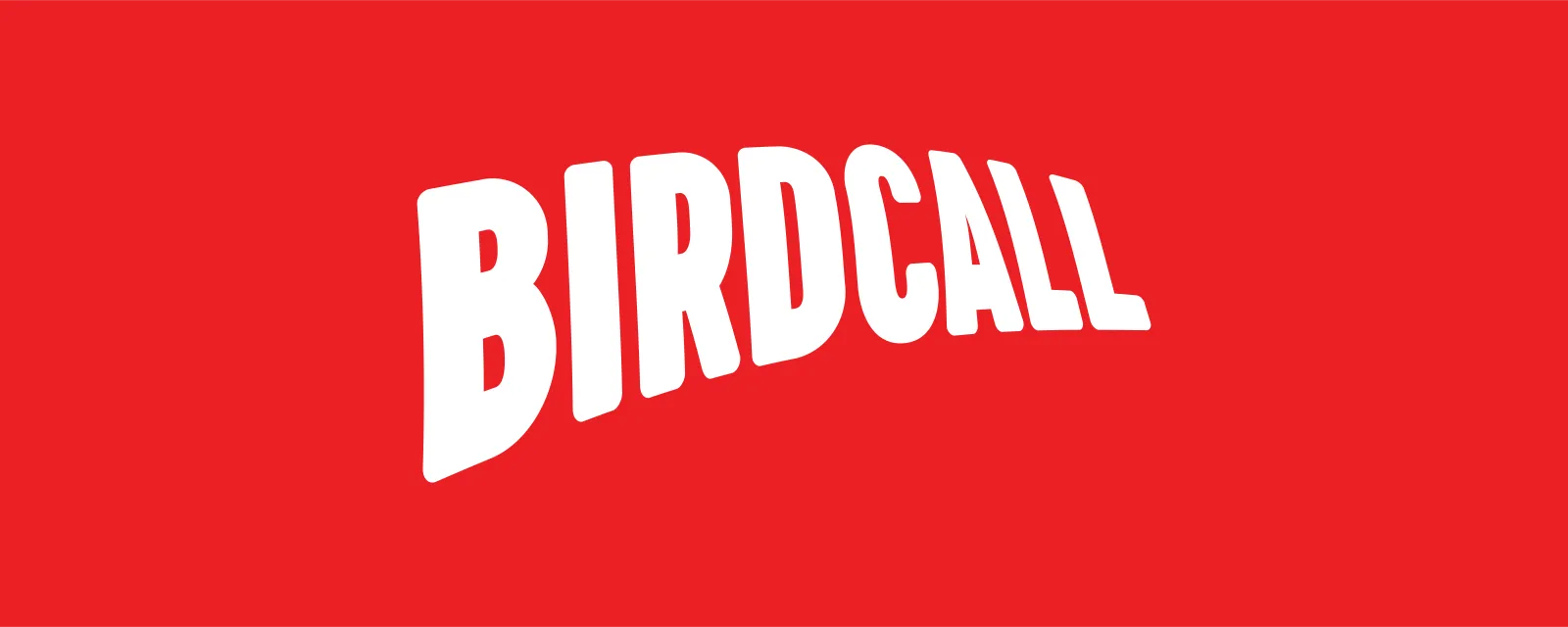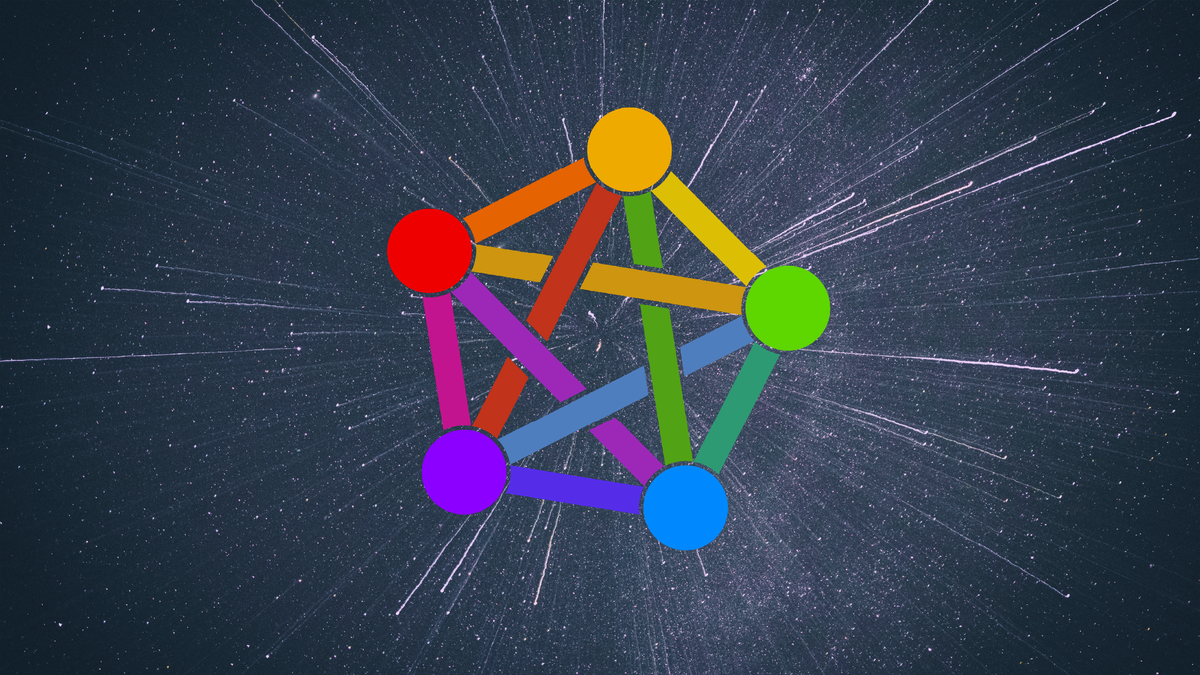In 2023, I had simultaneously the best and worst year I've ever had in my music career. The highs were high, but the lows plummeted to absolutely subterranean depths. I can get into all the reasons why my year turned out the way it did (and I probably will at a later juncture), but the main takeaway for me was this:
The music industry of the western world is on a mission to churn out content as immediately as possible, and those who seek to produce anything with nuance or specificity will be punished for their efforts.
This isn't particularly surprising to anyone who works – or worked – in music (a LOT of people lost their jobs last year). But I think I really felt a shift in myself personally, and I saw a lot of my peers coming to the same crossroads; I actually felt myself staring down the barrel of the gun, the triggerman threatening me to choose: Call it quits, or change your environment.
Most of the year, I actually leaned toward the former. Like I said, the highs were high, but the problem was that they were too few and far between. But the thing that turned it around for me was actually an 11th hour (10th month, to be exact) trip to Japan, where I went on tour, and had my life changed. I'll certainly talk about that trip more – and constantly – as there were a number of incredible lessons learnt through my time there, but you can catch the summary in my recap vlog.
A look at some of what I got up to in Japan
Touring Japan, and getting as far outside of my native musical context as possible was the most refreshing thing I've done for myself in a long time. In general, this is a practice I've recently adopted, but this trip honestly hit at the exact right time. And the big paradigm shift I came back with? I'm gonna start a record label.
But let's not get ahead of ourselves. I believe, in all things, that doing a good job starts with beginning at the beginning. So I'm thinking about how the aforementioned music industry affects us all.
More music, less industry
But where do we begin?
I had a truly miserable year contending with the music industry, and so did a bunch of my peers. It's probably likely that thousands more people I've never even heard of did as well, and I absolutely guarantee a tragic number of them have left the field for good. And, as much as I'm proud of everything I've accomplished in my career, I came so close to hanging it up, and the survival scars are no longer something to be proud of in my eyes. The environment so many of us are in has been forged out of the unrelenting pursuit of ~infinite growth~, and only stands to get worse this year as a consequence of an overpaid, follically-challenged nerd's unwillingness to come to terms with his own incompetence and underservingness. So, staring down the barrel of that gun, I'm choosing to change my environment.
The first line sung by Madison McFerrin in our song Brand New Moon is "Take your shit and leave". And while that lyric was written as a rebuke to the billionaires destroying our planet, it also works conversely as an option for the everyman exhausted by enduring the poor and destructive choices of said billionaires. So that's what I want to do, and that's what I want ALL music workers to be able to do. More music, less industry is possible... but not with the current slate of tools.
It's pretty easy and convenient to believe the tale of a seaworthy vessel from the guy talking down to you from the helm of a ship.
The current basic setup for independent artists and labels on average looks like some version of this:
- A deal with a larger organisation to distribute your releases digitally (and physically, if you're a bigger fish)
- A monthly subscription to some smartlink service to drive pre-saves + collect analytics
- Some amount of spend on social media ads
- A monthly Shopify subscription if they're fulfilling their own merch direct-to-customer
- A monthly subscription to Linktree or similar service, if they want to get into customisations and analytics
- A monthly subscription to SoundCloud Pro and/or Disco for sharing advance links to press contacts who are 45 seconds away from being laid off
- A monthly subscription to some bulk mailer (or, if you're trendy, texting) service to actually communicate with your fans
And that's all before you get into things like the costs of bookkeeping, the time spent gaming ever-changing social media algorithms, and the unshakable cost of producing the actual music.
But I bring up costs like those in particular, because a lot of these services ultimately end up being some version of slicing off pieces of your own operation, only to lease the value back from some middle-man. And the entire cottage industry of all these middle-men only exist because streaming services have already colonised all the proverbial real estate in music online, and there's at least a little value left to be extracted if you can avoid being the last link down the chain.
I was trying to explain this to a friend, and the metaphor I came up with (which I'm particularly proud of) is one wherein Spotify is a barge the size of a continent, carrying giant containers (Beyoncé, Drake, Taylor Swift, etc). The barge is full, but every member of the crew (Daniel Ek, all the major labels who own shares, and even the OTHER streaming services who are tugboats and dinghies in Spotify's wake) keep yelling out to smaller artists in the ocean (the internet) to find a space on the barge for their own containers, because the barge is the only force on this planet full of water which can bring the contents of these containers to music fans who want it.
If you're in the ocean, and trying not to drown, it seems self-evident that you're going to try to climb aboard to find a spot on the barge, right? It's pretty easy and convenient to believe the tale of a seaworthy vessel from the guy talking down to you from the helm of a ship. But my belief is that not all music needs to be a container on a barge. Because some music is weird, or unique, or niche, and isn't created for mass transport/consumption.
Instead, I choose to believe my salvation will come in the form of the archipelago.

What I desperately desire to exist is an environment wherein each artist/collective/label/whatever can exist as a singular island in the ocean. It's a much smaller piece of real estate than the barge (or even any singular container), but it's more than enough for safety and shelter for the artists who call it home. It's a fixed point of geography, never too far away from their nearest neighbour, but also mappable for those who want to find the island. And that's the whole point: these artists can build a home – a civilisation and a culture – that can serve as a destination to those who truly desire to travel there. The visitors can be welcomed, shown around, and sheltered by the beauty these artists are able to create for themselves, and then they can locate their next destination, and swim on over to the next island they want to visit. Because when you're not drowning, a swim can actually serve as a great form of exercise.
So how do we move from chasing the barge to building islands? Well, we'll need a plan, but we'll also need new tools.
Birdcall is the set of tools for building islands. Or it's going to be, that's the dream. Because I already have a very specific island that I want to build, and populate with my friends, and invite our most enthusiastic supporters into. It's called Sanzuwu Group, and I plan on making it THE thing that I let my hair turn grey over. But I've also been creating things long enough to know that building anything that can stand the test of time requires 1) time and patience, and 2) for you to start at the beginning. So Birdcall is the research & development arm of Sanzuwu Group, and this blog will serve as my dream/progress journal.
I don't plan on writing in this thing every day, mostly because I hope to be busy building, but I did think it was important to have a live document of how it's going, simply because the other function of Birdcall is to give away the game for free. I know I'm talking about building an island, but I also said I believe in the archipelago. No one accomplishes anything alone, and everyone deserves access to land. My hope is that as people read about this, I'll find a community of peers and supporters who I can excite, but also learn from. My former life as a UX designer taught me a lot about the tech space, but my even more former life as an extremely online teen in the era of forums and fan clubs taught me about communal enthusiasm, which is the very thing I hope to help bring back to music.
The last thing I'll leave you with is a bit of housekeeping that touches on a little bit of everything I've mentioned before. I launched this blog on a platform called Ghost. Partly because I no longer felt the need to hang out on Substack in a nazi bar, but also because I find their history and mission very inspiring. The TL;DR of it all is that Ghost began its life as a Kickstarter project over a decade ago because some people wanted to build a platform that would give creators the tools to build more sustainable independent publications. Ghost is a non-profit, and allows creators to directly monetise their own subscribers without taking a penny. I'm not setting out to prioritise this as a revenue stream (although, if you choose to support the paid tier, I appreciate that because software development is not free), but I am offering the option for anyone who might find themselves enthusiastic enough about island-building, and all the philosophical musings that come with it, that they would be willing to support the vision financially. Another aspect of my commitment to creating Birdcall is building it with no exit event in mind. So much of tech in the Zuckerberg-era has been purpose built to guzzle up users and data into a tractor beam, then sell the whole tractor beam once it becomes too expensive to keep expanding the beam's radius. Plainly put: this is stupid and cowardly, and I desire to have no part of it. I want Birdcall to empower those who give their lives and their labour to music, so they should be the ones who bring it to life, not venture capital.
And with that, thus completes my first entry into the Birdcall Development Blog. Catch up soon!




